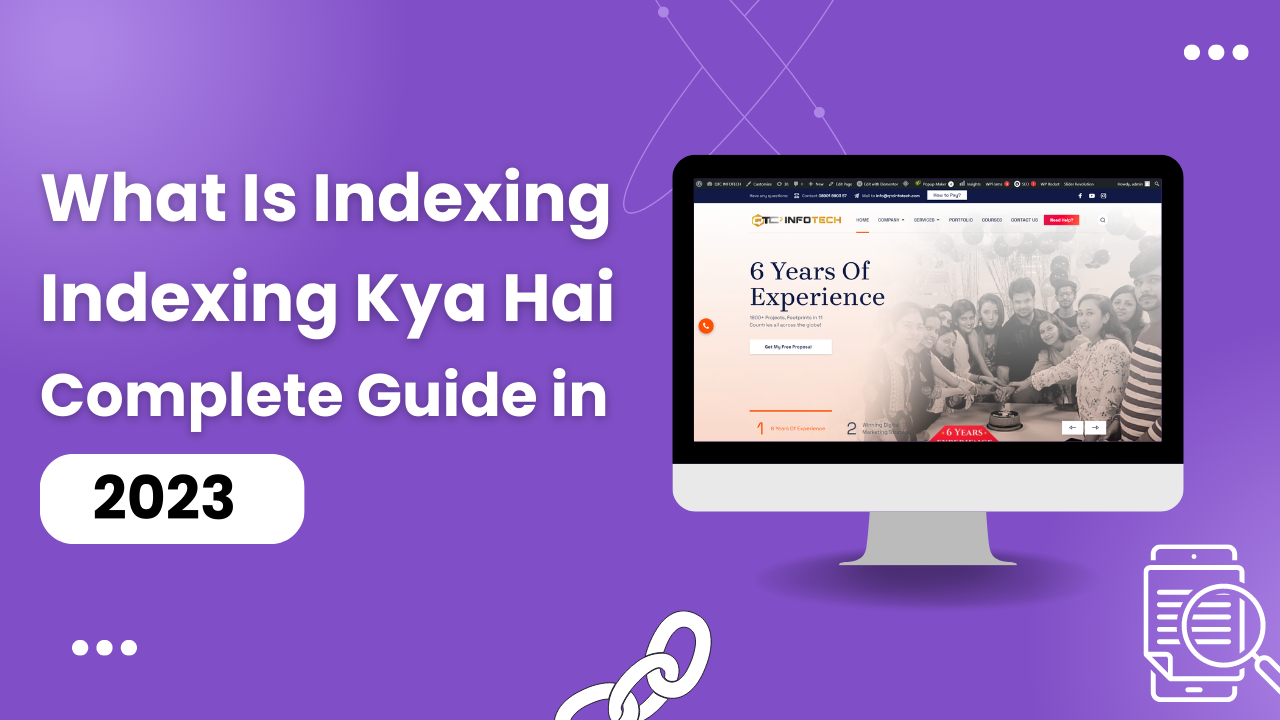In today’s digital world, where billions of web pages exist, website owners must comprehend the notion of indexing. An index is important for the reason that your website’s pages are identified and shown in search engine results.
In this post, we will look at what indexing is, why it is important in SEO, and how you can optimize your website for better indexing.
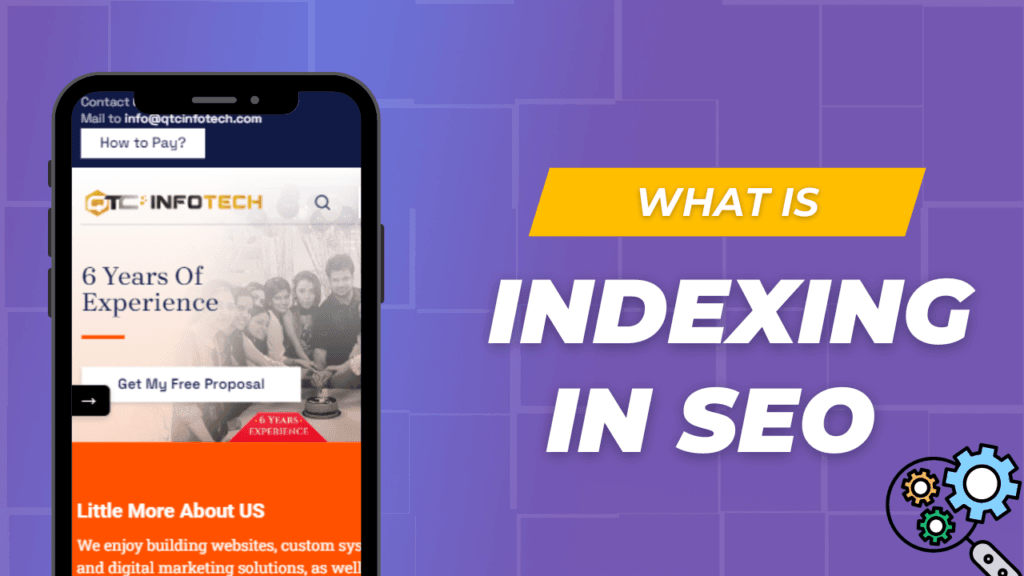
What is Indexing in SEO – Indexing Kya Hai
In the Importance of SEO (Search Engine Optimization), indexing refers to the crucial process through which search engines meticulously organize and store webpages within their vast database.
This meticulous cataloging enables these search engines to provide users with highly relevant search results.
During the indexing process, a search engine thoroughly scrutinizes various elements including content, keywords, links, and other pertinent factors that ultimately determine the webpage’s relevance and subsequent ranking.
Importance of Indexing for Websites
Effective indexing is indispensable for websites. It plays a crucial role in enabling search engines to discover, understand, and display your web pages in search results.
Without proper indexing, your webpages would be invisible to users of search engines, leading to missed opportunities for organic traffic, visibility, and potential conversions.
When your website is effectively indexed, it significantly increases the likelihood of being found by users who are searching for related keywords or topics.

How Search Engines Index Webpages
Search engines employ automated programs known as crawlers or spiders to navigate the vast realm of the internet and collect valuable data from webpages.
These diligent crawlers meticulously follow interconnected links, diligently visit webpages, and meticulously analyze their content.
Consequently, this invaluable information is methodically stored within the search engine’s comprehensive index.
The Process of Crawling and Indexing
The process of indexing starts with crawling. Search engine crawlers begin by visiting a few known web pages and then following links from those pages to discover new ones.
As they crawl through web pages, they collect information and create an index based on the content they find. The index is essentially a massive database of web pages and their relevant information.
Techniques to Improve Indexing
To ensure effective indexing of your webpages by search engines, it is advisable to consider implementing the following techniques:
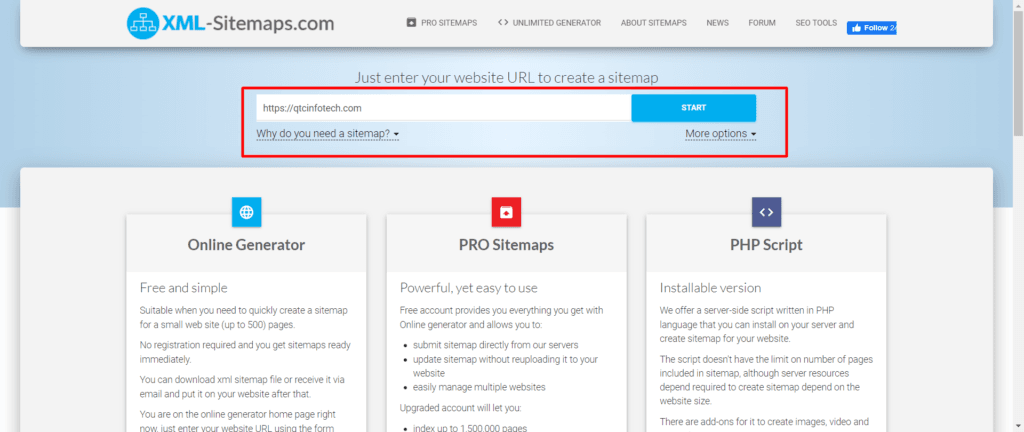
XML Sitemap Creation
Creating an XML sitemap has numerous benefits for website owners. It serves as a roadmap that enables search engines to grasp the layout of your site and explore all its important pages.
By listing every relevant URL, the sitemap aids search engines in efficiently navigating and indexing your website. This results in improved visibility and accessibility for your online presence.
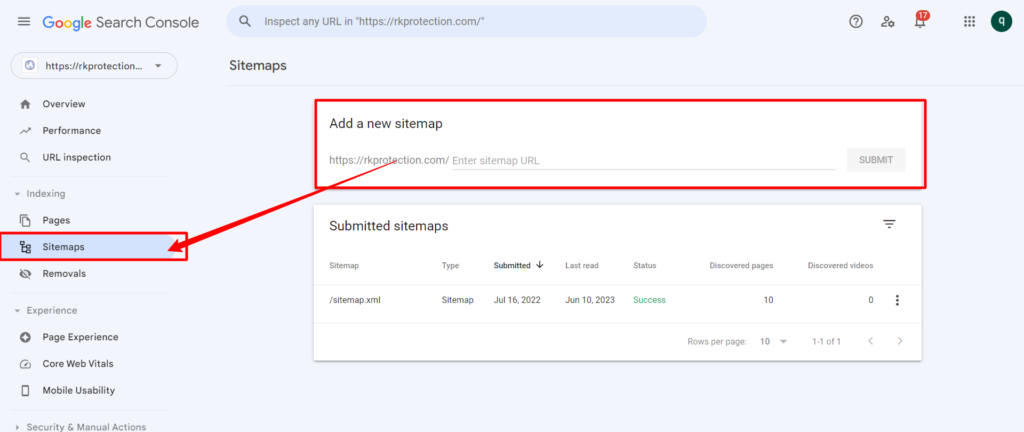
Submitting Your Sitemap to Search Engines
After creating an XML sitemap, it is recommended to submit it to popular search engines such as Google, Bing, and Yahoo.
This essential step ensures that these search engines become aware of the structure of your website. As a result, they can crawl and index your website more efficiently.
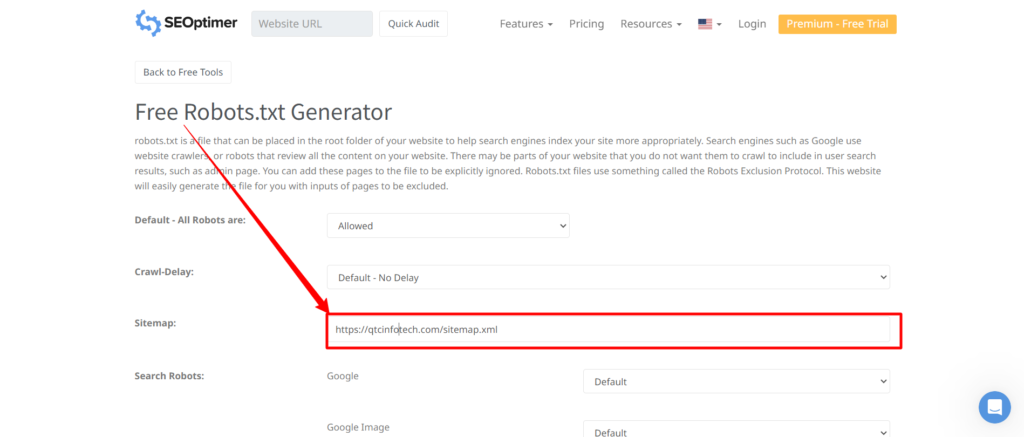
Optimizing Robots.txt File
The robots.txt file instructs search engine crawlers on which pages to crawl and index and which ones to exclude.
Properly optimizing this file can prevent the indexing of unnecessary or sensitive content while allowing search engines to focus on your desired web pages.
Internal Linking Structure
A well-structured internal linking strategy can significantly improve the way search engines index your webpages.
By incorporating relevant and contextual internal links, you effectively guide search engine crawlers to discover and comprehend the essential pages on your website, elucidating its overall architecture.
Generating Quality Backlinks
Earning high-quality backlinks from reputable websites can significantly improve your website’s indexing. Search engines consider backlinks as endorsements of your content’s value, increasing the likelihood of better indexing and improved rankings.
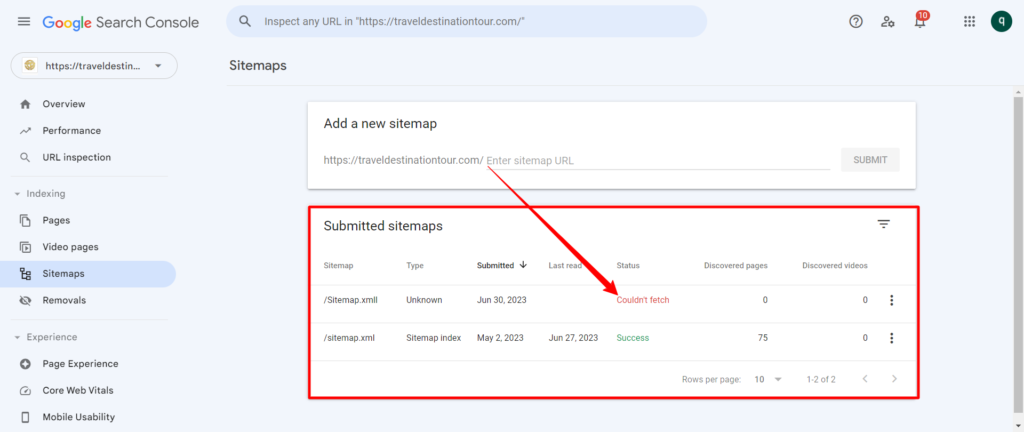
Common Indexing Issues and Solutions
Some common indexing issues website owners face include:
Duplicate Content
Duplicate content can confuse search engines and impact your indexing. To avoid this, ensure that each page on your website has unique and original content.
Use canonical tags to indicate the preferred version of a page and avoid duplicate content penalties.
Thin or Low-Quality Content
Content that is thin or of poor quality is less likely to be indexed or ranked effectively. Focus on producing high-quality, educational, and entertaining material that provides value to your visitors’ experience. Include important keywords in your content naturally to improve its indexing potential.
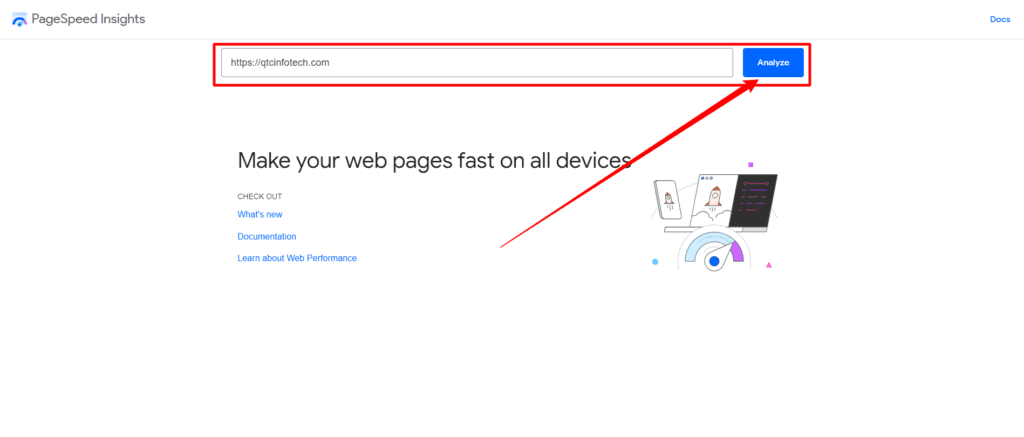
Website Speed and Performance
A slow-loading website can negatively affect indexing. Optimize your website’s speed and performance by compressing images, minifying code, and using caching techniques.
A fast and responsive website ensures better crawling and indexing by search engines.
Mobile-Friendliness
Search engines give mobile-friendly websites priority due to the growing use of mobile devices.
Make sure your website is user-friendly and delivers a smooth experience on all platforms. Mobile-friendly websites are more likely to get indexed and rank better in mobile search results.
Monitoring Indexing Status
To monitor the indexing status of your website, consider using the following methods:
Using Google Search Console
Google Search Console provides valuable insights into how Google indexes your website.
It offers indexing reports, crawl statistics, and notifications about indexing issues. Regularly monitor the console to identify and address any indexing-related issues promptly.
Indexing Tools and Plugins
You can monitor and improve the indexing process with the aid of a number of plugins and indexing tools that are accessible.
You may use these tools to improve the indexing performance of your website by using the comprehensive reports, indexing recommendations, and alerts that they give.
Conclusion
In order for search engines to recognize and display your web pages in search results, indexing is a critical component of SEO.
You may improve your website’s exposure, organic traffic, and overall search engine ranks by comprehending the indexing process, putting efficient optimization tactics into practice, and taking care of typical problems.
Frequently Asked Questions (FAQs)
Q: What is the purpose of indexing in SEO?
Ans: Indexing allows search engines to catalog and store web pages to provide relevant search results to users.
Q: How can I submit my sitemap to search engines?
Ans: You can submit your sitemap through Google Search Console or the respective webmaster tools of other search engines.
Q: Can duplicate content affect indexing?
Ans: Yes, duplicate content can confuse search engines and impact indexing. Ensure each page has unique content and use canonical tags when necessary.
Q: Why is website speed important for indexing?
Ans: A fast-loading website improves crawling and indexing efficiency. Search engines prioritize websites that offer a better user experience.


